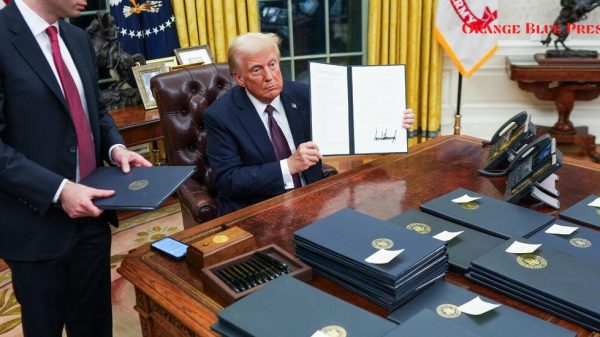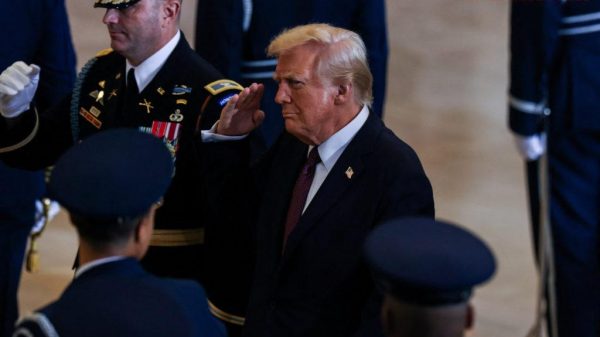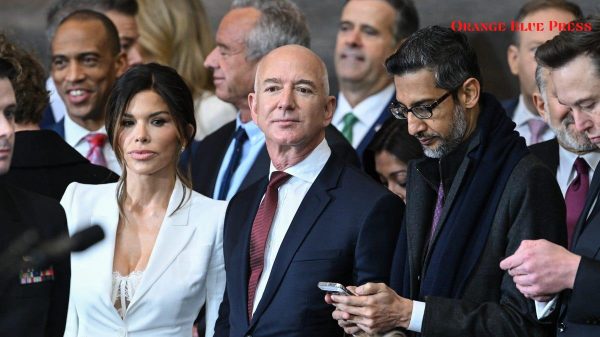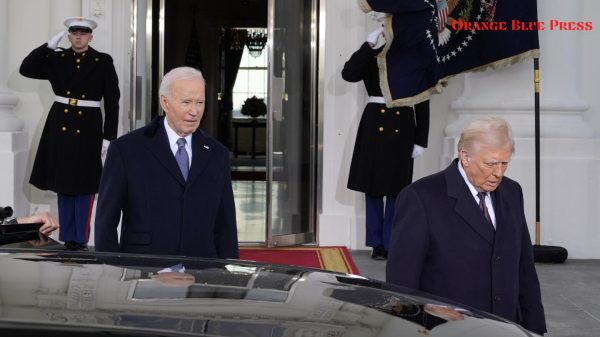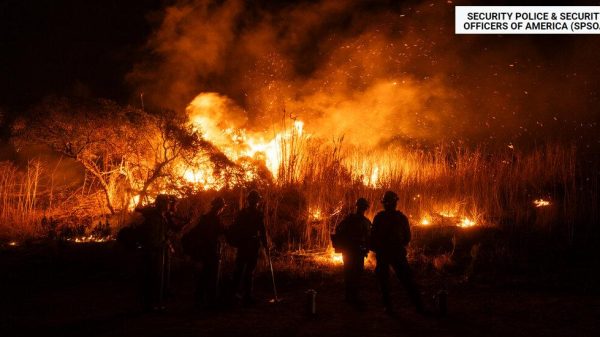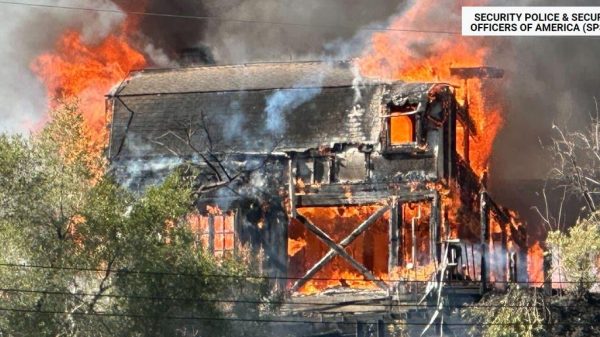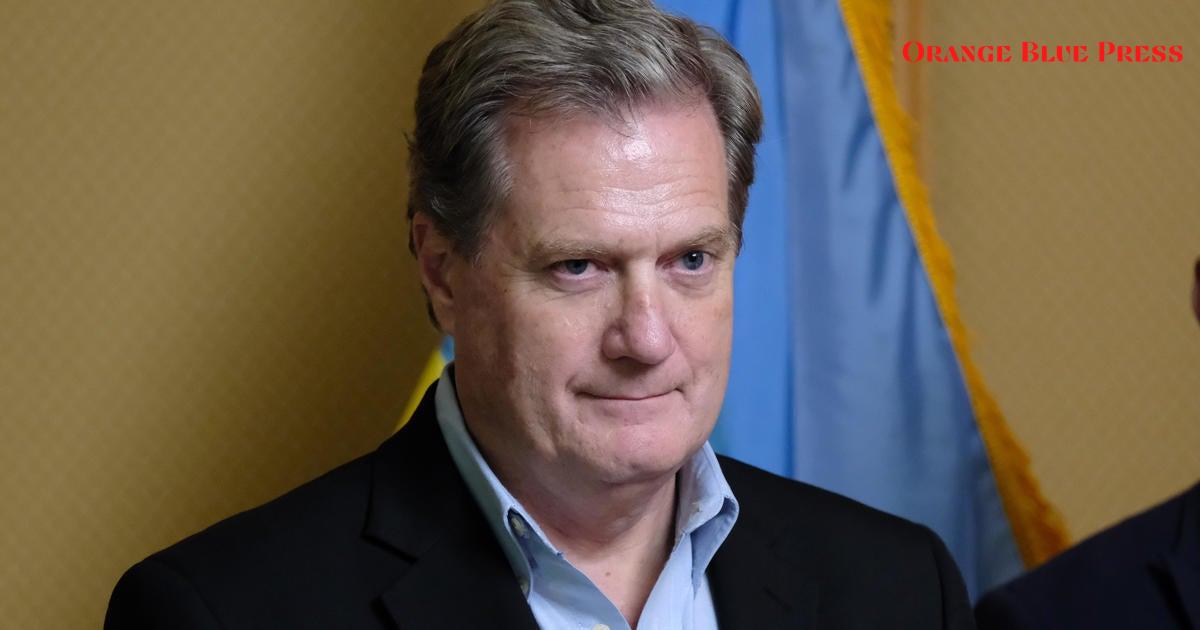In a surprising move, House Speaker Mike Johnson has removed Representative Mike Turner from his role as chairman of the House Intelligence Committee. This decision, announced on Wednesday, has sent ripples through Washington, raising questions about the future of U.S. intelligence oversight.
Reasons Behind the Change
During a press conference, Johnson cited the need for a “fresh start” and mentioned unspecified “concerns from Mar-a-Lago” as underlying reasons for Turner’s ousting. While Johnson tried to downplay any influence from former President Donald Trump, many are wondering if political motivations were a factor in this surprising decision.
Who is Taking Over?
Stepping into Turner’s role will be Representative Rick Crawford from Arkansas. The change comes as Johnson aims to organize the committee for the new Congress. Despite this shift in leadership, Turner will continue to serve on both the Armed Services and Oversight Committees, indicating that his expertise in those areas is still recognized.
What This Means for Oversight
Turner’s removal has raised concerns among Democrats and some Republican lawmakers, who value his commitment to independent oversight of the intelligence community. Representative Jim Himes, the leading Democrat on the committee, voiced his worries over the leadership change. “He had the ability to conduct an independent oversight, which is crucial for our national security,” Himes stated, highlighting how Turner’s leadership was beneficial during his time as chairman.
Turning Tides in the Party
Turner has faced criticism from some factions within the Republican Party. His support for U.S. aid to Ukraine and a more cautious approach towards Section 702 of the Foreign Intelligence Surveillance Act (FISA) put him at odds with the House Freedom Caucus. This contrasted sharply with the party’s shift towards more extreme positions, which likely added pressure that contributed to Johnson’s decision.
A Look at What’s Next
Lawmakers from both parties are watching closely as Johnson now prepares to announce Turner’s replacement officially. Some potential candidates for the position include Representatives Kelly and LaHood, but no firm decisions have been made yet. The new chairman will play a pivotal role in determining how the committee will function in the future.
Implications for Intelligence Oversight
The Intelligence Committee is responsible for overseeing the country’s intelligence agencies, a critical function that ensures accountability and effectiveness in national security. The team needs strong leadership to navigate complex issues, especially during times of heightened sensitivity regarding intelligence and political influence.
Conclusion
As the dust settles from Turner’s unexpected removal, the implications for both political strategies and national security remain to be seen. Many are left questioning how the changes will affect bipartisan cooperation on intelligence matters. With a new chairman soon to be named, the next steps will be crucial in maintaining the integrity of oversight in the intelligence community.










